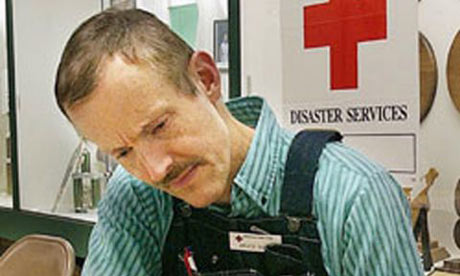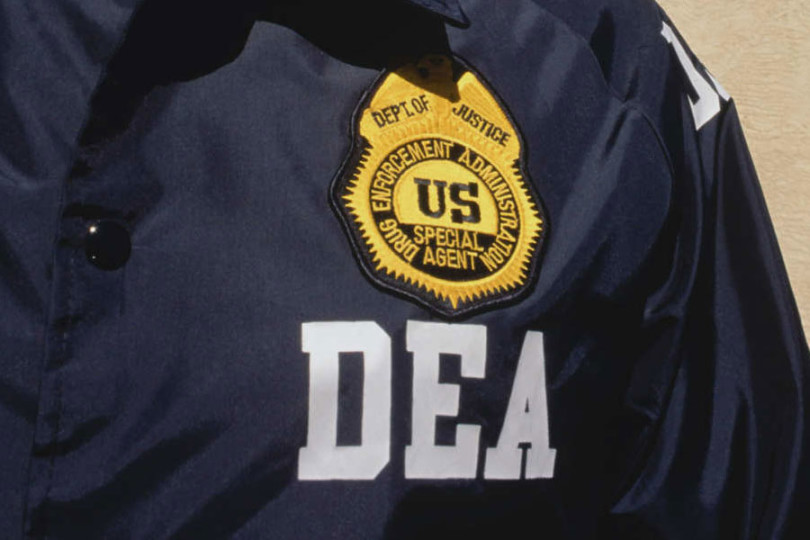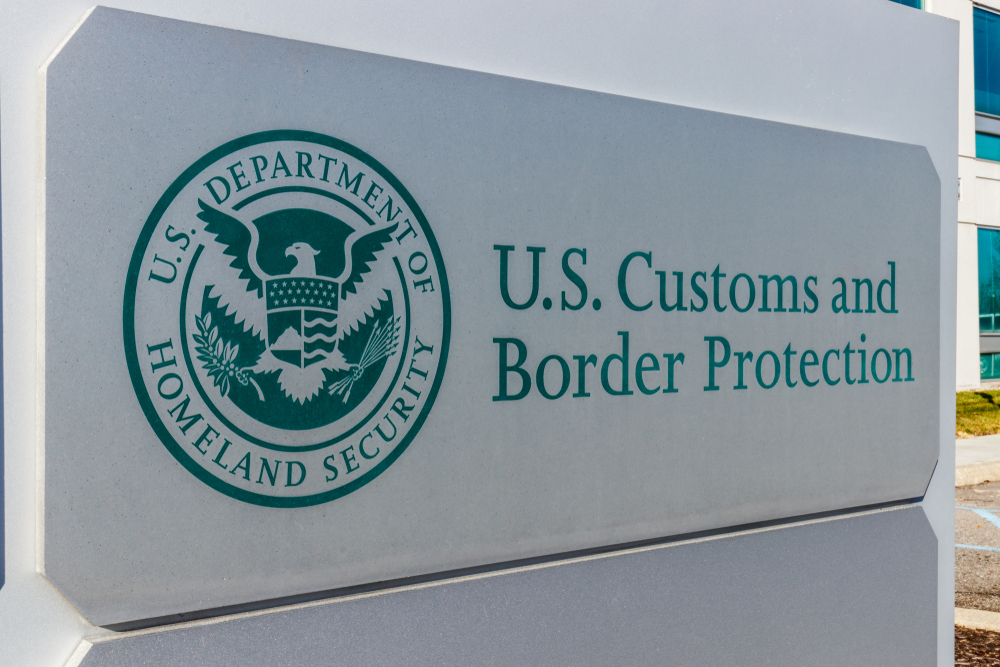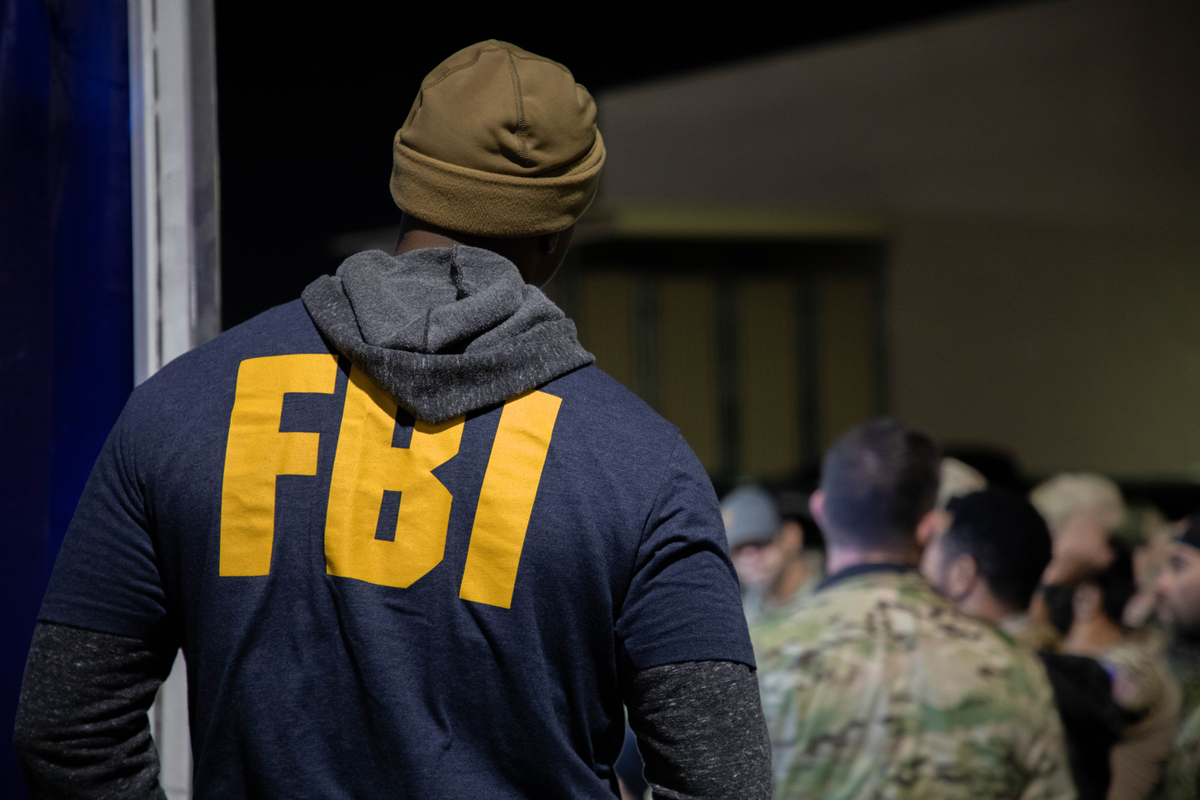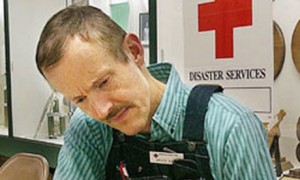
WASHINGTON — The killer anthrax case is not dead — at least in some circles.
The New York Times reports that a former Army microbiologist Henry S. Heine told a National Academy of Sciences panel on Thursday that his colleague Bruce E. Ivins could not have produced the deadly anthrax spores, contrary to what the FBI has concluded. The panel is reviewing the FBI’s scientific work on the case.
Ivins committed suicide in July of 2008 shortly before federal authorities were about to charge him in the 2001 anthrax attacks that killed five people, sickened 17 others. The attacks changed the way the postal service processes mail and has lead to endless hoaxes involving white powder letters.
The Times reported that Heine told reporters after his testimony that Ivins couldn’t have carried out the attacks, and among the senior scientists at the Army bio-defense lab in Maryland where Ivins worked “no one believes it.”
The Times reported that Heine testified that producing the quantity of deadly spores would involved a year of intensive work that would not have gone unnoticed by colleagues, and because the way the lab was set up, the spores would have floated out of the lab.
“You’d have had dead animals or dead people,” he testified according to the Times.
“Whoever did this is still running around out there,” Heine said, according to the Times. “I truly believe that.”
The FBI declined to comment, according to the Times.
OTHER STORIES OF INTEREST
- Arizona Gov. Wants National Guard Added to Border (Arizona Republic)
- Muslim Group Threatens Violence Against Comedy Central’s South Park Show (NY Times)
- Mexicans Capture Major Trafficker (AP)
- Condemned Utah Killer Could Face Firing Squad (AP)
- Millionaire Mom in NY Who Killed Son Asks for Bail (AP)
- Texas Executes Man Convicted of Killing Student (AP)
- Californian Accused of Cyber Extortion (Courthouse News Service)
- SEC Officials Surfed Porn on Website (New York Daily News)
- East Texas U.S. Attorney Nominee Withdraws (Main Justice)

